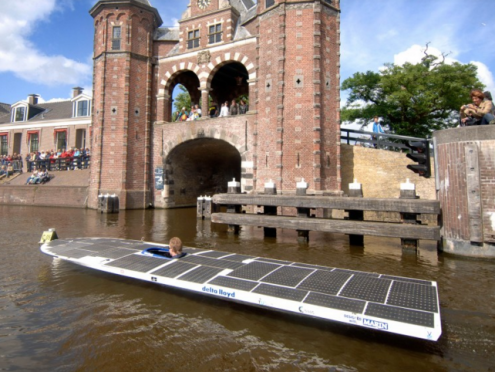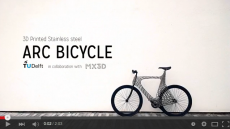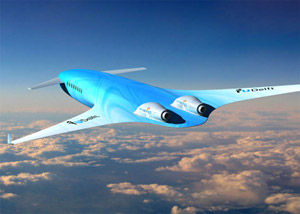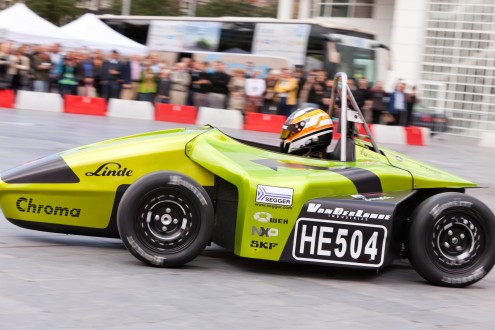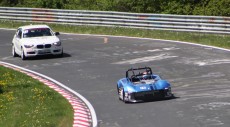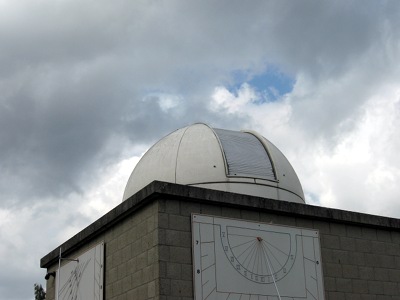
In a few days, weather permitting, NASA’s stratospheric balloon STO2 will be launched from Antarctica to the edge of space to measure cosmic far infrared radiation in order to find out more about how stars and planets come to be.
The STO2 design has been headed by the University of Arizona, with vital contributions from SRON Netherlands Institute for Space Research (Utrecht and Groningen) and Delft University of Technology.
One of the tools is a receiver at 4.7 terahertz, one of the three frequencies that help find the presence of elements in space, including electrically neutral atomic oxygen. The localisation of the latter can be achieved using a 4.7 terahertz receiver, the first time such a tool will be brought to the edge of space for an unrestricted view, for two weeks.
As well, The teams of Alexander Tielens (Leiden University) and Floris van der Tak (SRON/University of Groningen) will help analyse the observations.
(Link: phys.org)


